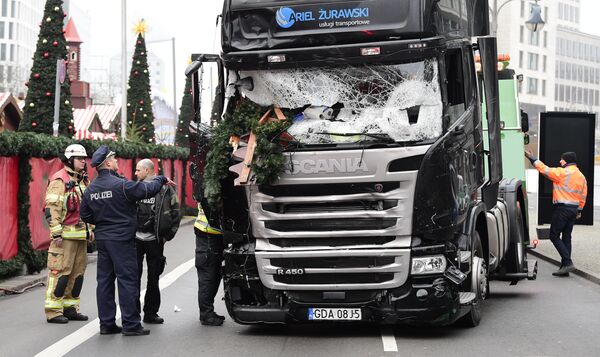The DDIS report, released on December 20, warns that Denmark is a top terror target and vulnerable to spies and criminals in cyberspace. It states the global threat landscape is "constantly changing," and judges the cyber threat facing the Danish government, as well the nation's indigenous citizens and businesses, to be "persistent and very high."
"Recent years have seen a significant rise in the number of attempted cyber espionage attacks against Denmark and Danish interests. There were several campaigns launched in 2016 by foreign states targeting the Danish central administration and other public authorities, to access information regarding current Danish foreign and security policy," the report stated.
Moreover, the report suggests cyber attacks could be used to "influence public opinion" in Denmark and other Western countries.
FE's 'Efterretningsmæssig Risikovurdering 2016' er nu offentliggjort. Truslen fra bl.a. cyberspionage vurderes høj https://t.co/knwYgpvmgh
— CFCS (@Cybersikkerhed) December 20, 2016
Lone wolf terrorism was also deemed a "serious" hazard, with the report stating terror attacks in Western countries will increasingly be carried out by individual actors, who take inspiration from group such as Daesh and Al-Qaeda, but have no direct affiliation with them or any localized faction.
"Individuals in the West who sympathize with these groups are carrying out more terror attacks than before, without prior training or direct control from the terror groups," the report said.
The report's warning is timely, coming the day after a shooting at a Zurich mosque in which tthree attendees were injured, and a Berlin truck attack that killed at least 12 and injured 48.

Commenting on the Berlin attack, Professor David Lowe, a former UK Special Branch Counterterrorism officer, told Sputnik that lone wolf attacks are a "real nightmare scenario" for security services, as they can be impossible to detect in advance.
"Perpetrators don't need to discuss it with anyone via any medium before carrying them out — they just carry them out. And there's not much that can be done to prevent it from happening."
In a December 2015 referendum on introducing new laws for the country to remain in Europol, 53 percent of Danish voters rejected the laws. There have also been suggestions in 2016 that Denmark's crime fighting resources are stretched thin at a time of surging violent crime (a 27 percent rise was reported in the first quarter of the year), as national police devote enormous resources to guarding the country's borders with Germany and Sweden.



